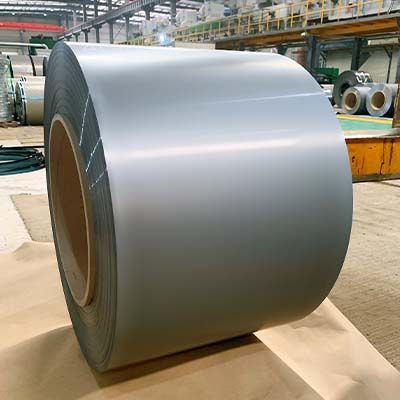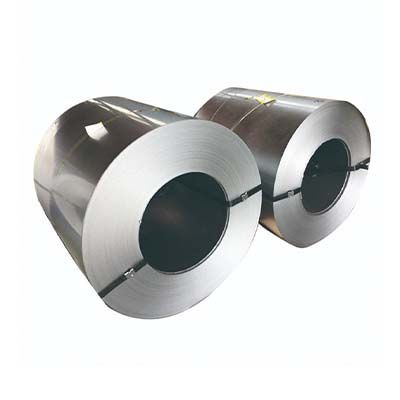Introduction
Silicon steel, also known as electrical steel or transformer steel, is a unique alloy widely used in the manufacturing of electrical components and transformers. This remarkable material possesses a distinct set of properties that make it indispensable in power generation, transmission, and distribution systems.
This article delves into the fascinating world of silicon steel material properties, shedding light on its magnetic behavior, electrical conductivity, corrosion resistance, and other essential attributes. Join us on this journey as we uncover the secrets behind the success of silicon steel.
Silicon Steel Material Properties: The Magnetic Marvel
Silicon steel owes its magnetic prowess to a combination of its composition and unique grain structure. Understanding the magnetic properties of this alloy is crucial to grasp its significance in electrical engineering applications.
Magnetic Permeability: A Measure of Attraction
The silicon steel material properties exhibit high magnetic permeability, allowing it to channel and concentrate magnetic flux effectively. This characteristic makes it ideal for constructing the cores of transformers and inductors, where magnetic fields must be efficiently guided and controlled.
Low Core Losses: Minimizing Energy Dissipation
One of the key advantages of silicon steel is its low core losses, meaning that it dissipates minimal energy in the form of heat during the magnetization and demagnetization processes. This property ensures high energy efficiency in electrical devices, reducing wastage and promoting sustainable power consumption.
Saturation Flux Density: Reaching Magnetic Limits
Silicon steel exhibits a high saturation flux density, representing the maximum magnetic field intensity it can withstand before losing its magnetic properties. By carefully selecting the grade and thickness of silicon steel, engineers can optimize its performance in applications with high magnetic fields.
Electrical Conductivity: Powering the Current Flow
While silicon steel is renowned for its magnetic properties, its electrical conductivity is equally vital in the world of electrical engineering. Let's explore how this material facilitates the smooth flow of electrical currents.
silicon steel material properties
High Resistivity: Efficient Energy Transmission
Silicon steel possesses high resistivity, meaning it resists the flow of electrical current. This property allows for efficient transmission of electrical energy through the steel, minimizing energy losses and ensuring that a significant amount of power reaches its intended destination.
Eddy Current Losses: Taming the Circulating Currents
One of the challenges associated with silicon steel is the occurrence of eddy currents. These circulating currents can cause energy losses and unwanted heating. However, introducing silicon into the alloy increases the material's resistivity, reducing the impact of eddy currents and enhancing overall electrical performance.
Corrosion Resistance: Defying the Ravages of Time
Silicon steel material properties extend beyond magnetic and electrical attributes. The alloy's resistance to corrosion plays a vital role in its longevity and reliability, especially in demanding environments.
Thin Oxide Layer: A Protective Shield
Silicon steel forms a thin oxide layer on its surface, providing a protective shield against corrosion. This layer acts as a barrier, preventing the underlying metal from directly exposing corrosive agents, such as moisture and atmospheric pollutants.
Coating Enhancements: Extra Protection for Critical Applications
In certain applications where the standard corrosion resistance of silicon steel might be insufficient, additional coatings can be applied to enhance protection. Coating technologies such as varnishes, paints, or specialized polymer layers provide an extra safeguard against corrosion, extending the lifespan of silicon steel components in harsh or corrosive environments.
Conclusion
Silicon steel material properties reveal an alloy with exceptional magnetic behavior, high electrical conductivity, and corrosion resistance. Its magnetic permeability, low core losses, and high saturation flux density make it an ideal choice for transformers and inductors.
Moreover, its high resistivity minimizes energy losses, ensuring efficient power transmission. The corrosion resistance of silicon steel, coupled with additional coatings, further enhances its durability. Understanding and harnessing the unique characteristics of silicon steel contribute to the advancement of electrical engineering and the efficient utilization of electrical energy.






